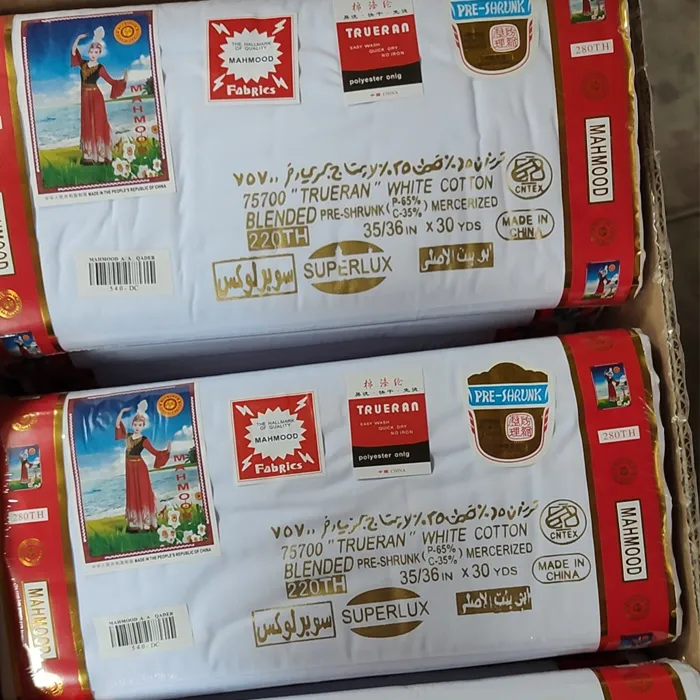
- Afrikaans
- Albanian
- Amharic
- Arabic
- Armenian
- Azerbaijani
- Basque
- Belarusian
- Bengali
- Bosnian
- Bulgarian
- Catalan
- Cebuano
- Corsican
- Croatian
- Czech
- Danish
- Dutch
- English
- Esperanto
- Estonian
- Finnish
- French
- Frisian
- Galician
- Georgian
- German
- Greek
- Gujarati
- haitian_creole
- hausa
- hawaiian
- Hebrew
- Hindi
- Miao
- Hungarian
- Icelandic
- igbo
- Indonesian
- irish
- Italian
- Japanese
- Javanese
- Kannada
- kazakh
- Khmer
- Rwandese
- Korean
- Kurdish
- Kyrgyz
- Lao
- Latin
- Latvian
- Lithuanian
- Luxembourgish
- Macedonian
- Malgashi
- Malay
- Malayalam
- Maltese
- Maori
- Marathi
- Mongolian
- Myanmar
- Nepali
- Norwegian
- Norwegian
- Occitan
- Pashto
- Persian
- Polish
- Portuguese
- Punjabi
- Romanian
- Russian
- Samoan
- scottish-gaelic
- Serbian
- Sesotho
- Shona
- Sindhi
- Sinhala
- Slovak
- Slovenian
- Somali
- Spanish
- Sundanese
- Swahili
- Swedish
- Tagalog
- Tajik
- Tamil
- Tatar
- Telugu
- Thai
- Turkish
- Turkmen
- Ukrainian
- Urdu
- Uighur
- Uzbek
- Vietnamese
- Welsh
- Bantu
- Yiddish
- Yoruba
- Zulu
raw cotton supplier
The Significance of Raw Cotton Suppliers in the Global Textile Industry
The global textile industry is a vast ecosystem composed of various players, and at the heart of this ecosystem lies a vital yet often overlooked component raw cotton suppliers. As the primary raw material for textiles, cotton holds a prominent position in fashion, home goods, and numerous other applications. This article explores the pivotal role that raw cotton suppliers play in the textile supply chain, their impact on sustainability, and the challenges they face in an ever-evolving market.
Understanding the Role of Raw Cotton Suppliers
Raw cotton suppliers are entities that cultivate, harvest, and sell raw cotton to manufacturers and textile producers. Their operations can vary widely, spanning small family-run farms to large agricultural corporations. Regardless of their size, these suppliers form the backbone of the cotton supply chain, providing the essential material that drives the entire textile industry.
Their role involves numerous stages, from planting and nurturing cotton crops to processing and storing the harvested cotton. Suppliers must also navigate market fluctuations, weather conditions, and pest management to ensure a steady supply of quality cotton. The importance of their work cannot be overstated, as the health of the cotton industry directly influences the production of a plethora of textile products, ranging from clothing to industrial materials.
Sustainability Practices and Challenges
In recent years, the spotlight has increasingly turned towards sustainability within the textile industry. Raw cotton suppliers have faced mounting pressure from consumers and manufacturers to adopt environmentally friendly practices. Conventional cotton farming often involves the extensive use of pesticides, fertilizers, and water, raising concerns over ecological impacts and resource depletion.
To address these concerns, many suppliers are turning to sustainable farming practices. Organic cotton farming, for instance, eliminates synthetic pesticides and fertilizers, promoting biodiversity and healthier ecosystems. Moreover, some suppliers are implementing water-saving irrigation techniques and crop rotation strategies to reduce their environmental footprint.
raw cotton supplier

The demand for sustainable cotton has led to the rise of certifications like Global Organic Textile Standard (GOTS) and Better Cotton Initiative (BCI), which aim to ensure responsible and ethical production practices. These certifications not only help suppliers enhance their marketability but also encourage transparency and accountability across the supply chain.
Market Trends and Economic Factors
Raw cotton suppliers must continuously adapt to the dynamic landscape of the textile market. Several factors, such as commodity prices, trade policies, and consumer preferences, significantly influence their operations. For example, fluctuations in global cotton prices can impact suppliers' profitability, forcing them to make critical decisions about production volume and pricing strategies.
Moreover, with the increasing popularity of synthetic fibers, particularly in fast fashion, cotton suppliers face competition that challenges their market share. However, the unique qualities of cotton—its breathability, comfort, and biodegradability—ensure that it remains a preferred choice for many consumers. This offers raw cotton suppliers opportunities to carve out niche markets by promoting the advantages of cotton over synthetic alternatives.
The Future of Raw Cotton Suppliers
Looking ahead, the future of raw cotton suppliers appears promising, albeit challenging. As consumers become more conscientious regarding the environmental and ethical implications of their purchases, the demand for sustainably sourced raw cotton is likely to grow. Suppliers that embrace sustainable practices and invest in technology for efficient cotton production will likely thrive in this evolving market.
In conclusion, raw cotton suppliers play a crucial role in the global textile industry. Their ability to adapt to market dynamics, implement sustainable practices, and respond to consumer demands will determine their success in the years to come. As the industry continues to evolve, the importance of these suppliers will only increase, reinforcing the need for collaboration and innovation within the textile supply chain.
-
The Versatility and Elegance of White Cotton Poplin FabricNewsJun.23,2025
-
The Luxurious Comfort of Carded CottonNewsJun.23,2025
-
Explore the Luxurious Comfort of Cotton Flannel ClothNewsJun.23,2025
-
Discover the Versatility of Cotton Poplin ClothNewsJun.23,2025
-
Bleach Cotton FabricNewsJun.23,2025
-
100 Cotton BlendNewsJun.23,2025
-
Versatile Elegance with Poplin Fabric for SaleNewsMay.15,2025
